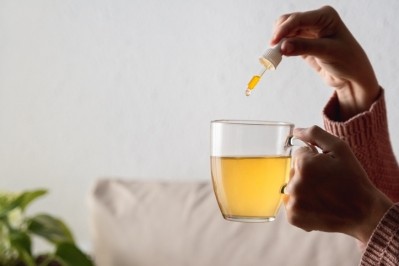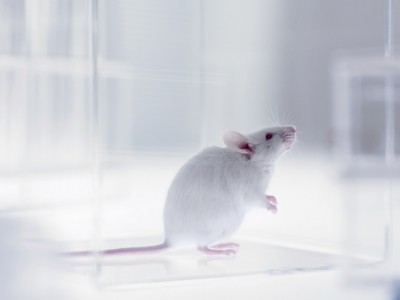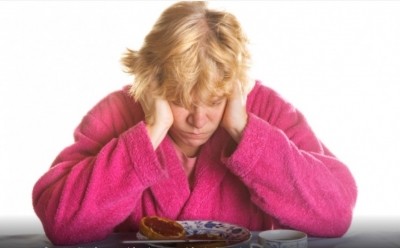Study: Prunes preserve hip BMD in postmenopausal women
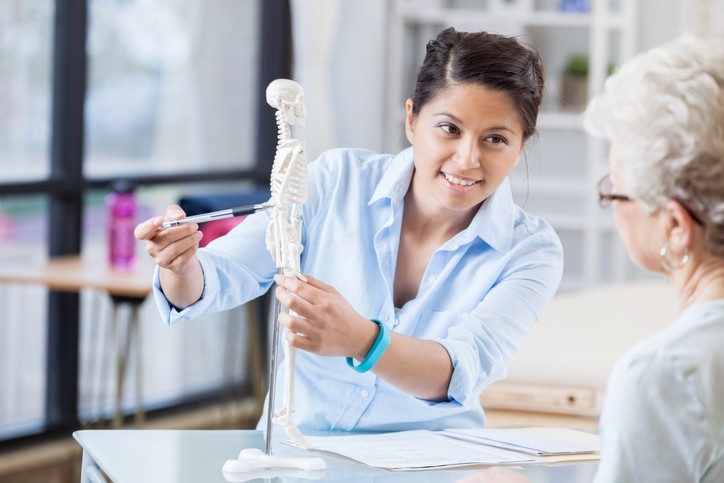
According to the International Osteoporosis Foundation, it is estimated that an osteoporotic fracture occurs every three seconds somewhere in the world. At age 50, one in three women and one in five men will suffer a fracture in their remaining lifetime. Now researchers from Pennsylvania State University suggest a handful of prunes could be bone's best defense.
A new study published in the American Journal of Clinical Nutrition found that daily prune consumption preserved bone mineral density (BMD) at the hip and protected against fracture risk in postmenopausal women. The single center, parallel arm randomized controlled trial tested the effects of prunes vs. a control group on BMD and bone biomarkers in over 200 postmenopausal females. The research team said this study represents a milestone in prune research as it is the largest clinical trial to date
Method
Researchers conducted a 12-month randomized controlled trial to test the effects of daily consumption of 50 grams (5-6 prunes) and 100 grams (10-12 prunes) of prunes on BMD in 235 postmenopausal women and compared those findings with a control group.
Results
The findings suggest that women who consumed 50 grams of prunes a day for one year maintained hip BMD, while those in the control group who ate no prunes lost significant bone mass at the hip. Further, hip fracture risk increased in the control group while those who consumed both 50 grams and 100 grams of prunes experienced no increase in hip fracture risk.
The researchers concluded “A 50 g daily dose of prunes can prevent loss of total hip BMD in postmenopausal females after six months, which persisted for 12-months. Given that there was high compliance and retention at the 50 g dosage over 12 months, we propose that the 50 g dose represents a valuable non-pharmacological treatment strategy that can be used to preserve hip BMD in postmenopausal females and possibly reduce hip fracture risk.”
“Our data supports the use of prunes to protect the hip from bone loss post menopause. Indeed, these data may be especially valuable for postmenopausal women who cannot take pharmacological therapy to combat bone loss and need an alternative strategy,” said Principal Investigator Mary Jane De Souza, PhD, FACSM, Distinguished Professor, Pennsylvania State University.
Past research
Previous clinical trials in postmenopausal women have shown the promising effects that daily prune consumption can have on preventing bone loss. One study with a similar design looked at 48 osteopenic women (65-79 years old) who were randomly assigned into one of three treatment groups for 6 months: (1) 50 g of dried plum; (2) 100 g of dried plum; and (3) control. The results confirmed the ability of prunes to prevent the loss of total body BMD in older osteopenic postmenopausal women and suggested that a lower dose of dried plum (i.e., 50 g) may be as effective as 100 g of dried plum in preventing bone loss in older, osteopenic postmenopausal women.
Another study focused on men was published earlier this year in the Journal of Medicinal Food, which reported positive effects on markers of bone health after men ate prunes. The researchers divided a group of 66 men into two treatment groups – half of the men were asked to eat 10-12 (100 grams) prunes per day for one year, the other half did not eat any prunes. At the end of the study, researchers observed that the men who ate prunes experienced bone-protective effects compared to those who did not eat prunes.
Source: The American Journal of Clinical Nutrition
11 July 2022 doi.org/10.1093/ajcn/nqac189
“Prunes preserve hip bone mineral density in a 12-month randomized controlled trial in postmenopausal women: the Prune Study”
Authors: M. De Souza, et al.
Linked resource
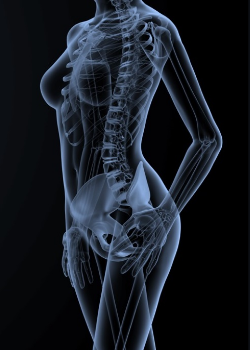
Probiotics for a smooth menopause transition
In this report, Lumina Intelligence reviews the shifting perceptions of menopause, overviews some of the recent science studies and zooms in on the current offering within this niche.

